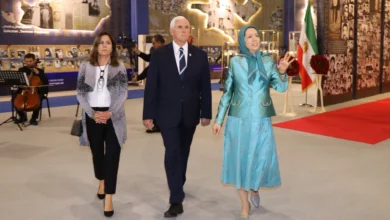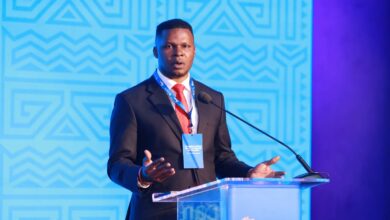A number of opposition party leaders criticized statements by Ahmed Fathi Sorour, People’s Assembly speaker, published in an interview with Al-Ahram newspaper yesterday.
Sorour is quoted as saying, “Some opposition forces and protesters work on destruction not construction,” and that “while the ruling party is working, other people destroy, attempting change toward the unknown.”
Osama el-Ghazali Harb, head of the Democratic Front Party, said he hardly understood the statements. “It’s peculiarly written, in the form of unclear and incomplete sentences, though Sorour is known to be eloquent.”
Harb went on to say, “Sorour’s statements have nothing to do with democracy. They are incompatible with what he says in parliament about the positive role of the opposition.”
Mostafa el-Taweel, honorary chief of the Wafd Party, said the opposition must rectify the defects of the ruling party in order to correct its mistakes, adding that Sorour made these statements “to defend his party and keep his position.”
Sameh Ashour, vice deputy for the Nasserist Party, described Sorour’s statements as “untrue,” asking, “What did the ruling party build that we can destroy?”
Hamdeen Sabbahi, an MP, indicated that the ruling party as well as opposition parties are weak. Sabbahi called on Sorour to review the records of parliamentary sessions to check on the solutions provided by opposition parties in order to reconstruct what the ruling party has destroyed.
Samir Fayyad, deputy of the Tagammu Party, considered the criticisms of the opposition as “illusions in Sorour’s mind,” adding that “he wants the opposition to be silent and not to practice its role of revealing the ruling party’s mistakes. The most important thing that opposition parties can do is to protest legally.”
Mamdouh Qenawi, chief of the Constitutional Party, said, “I condemn any attack on the opposition from a man who has stayed in office for more than 20 years. His statements should be more wise, especially when addressing the opposition.”
Translated from the Arabic Edition.




